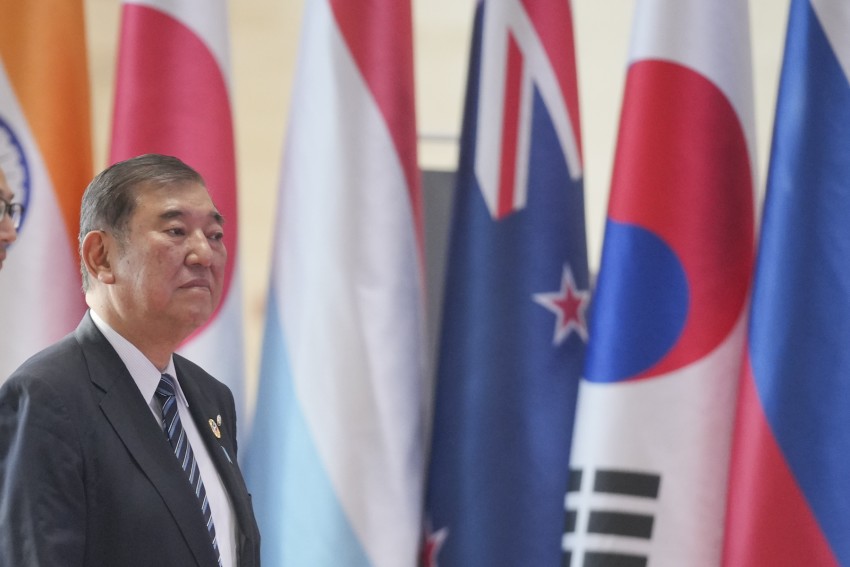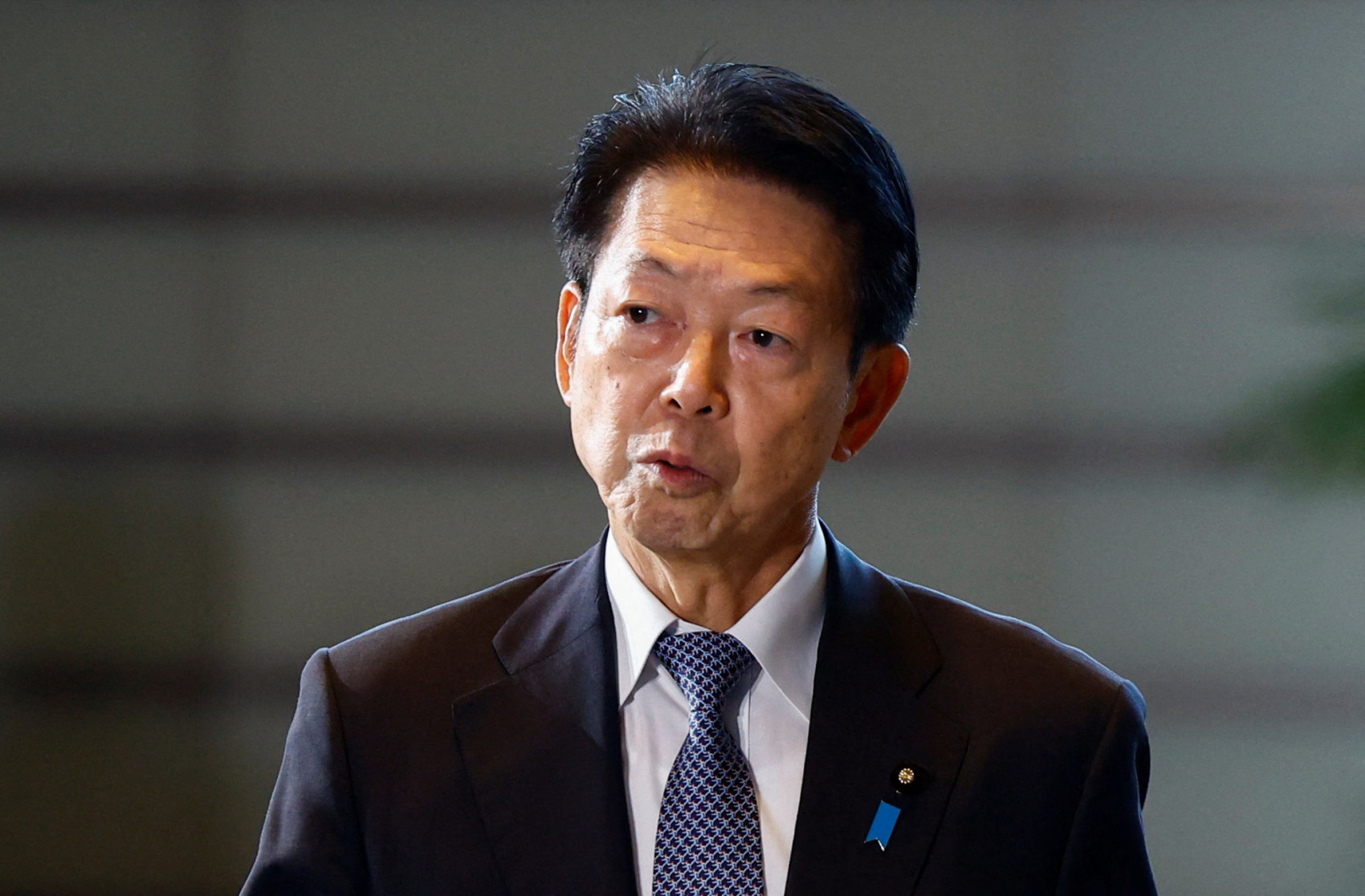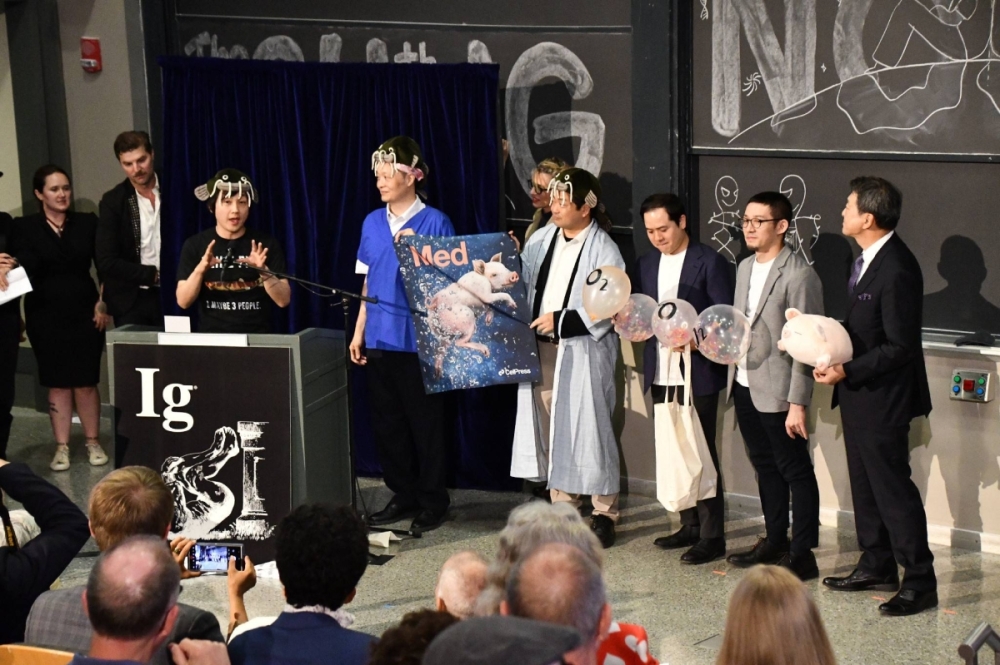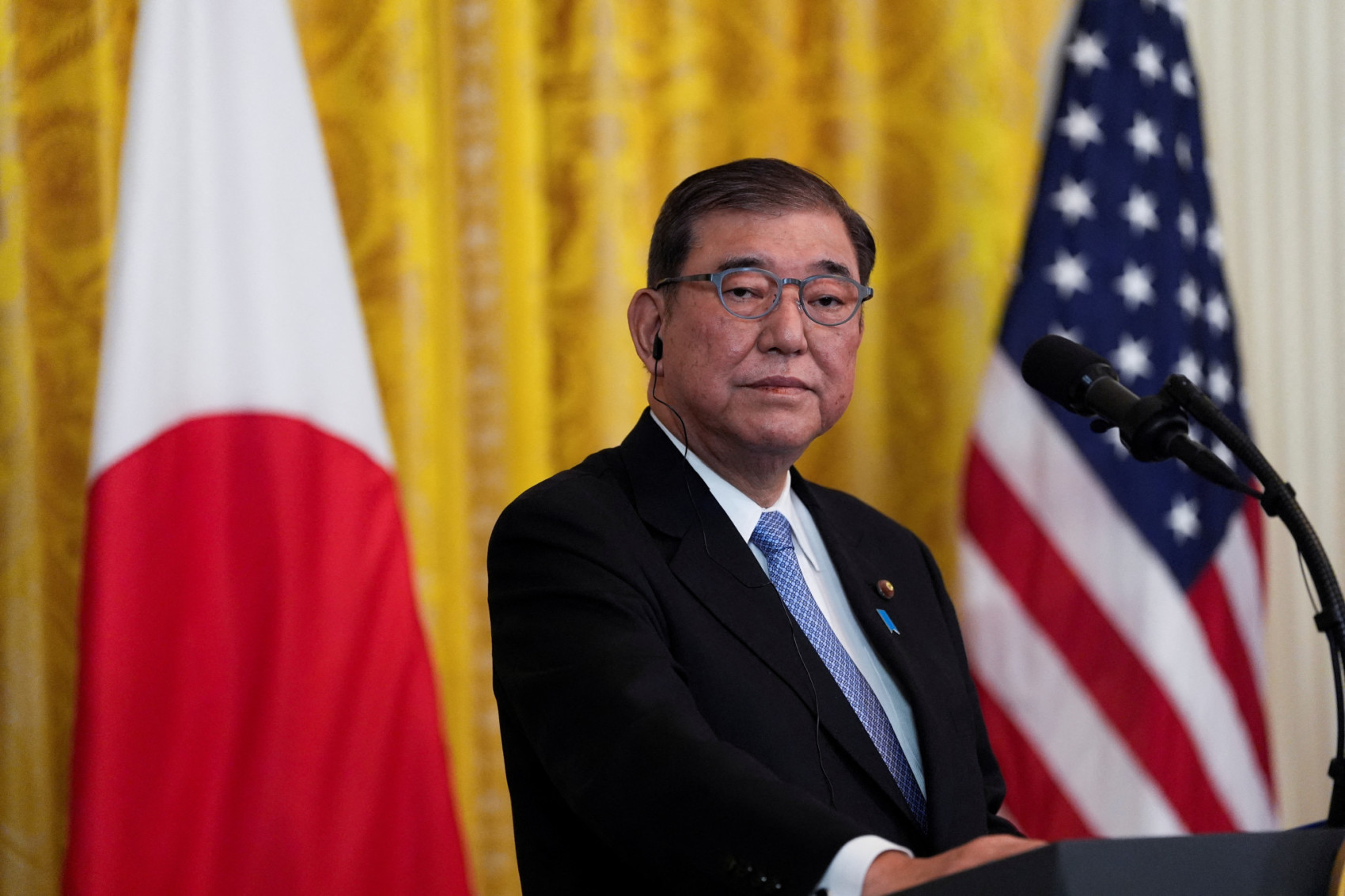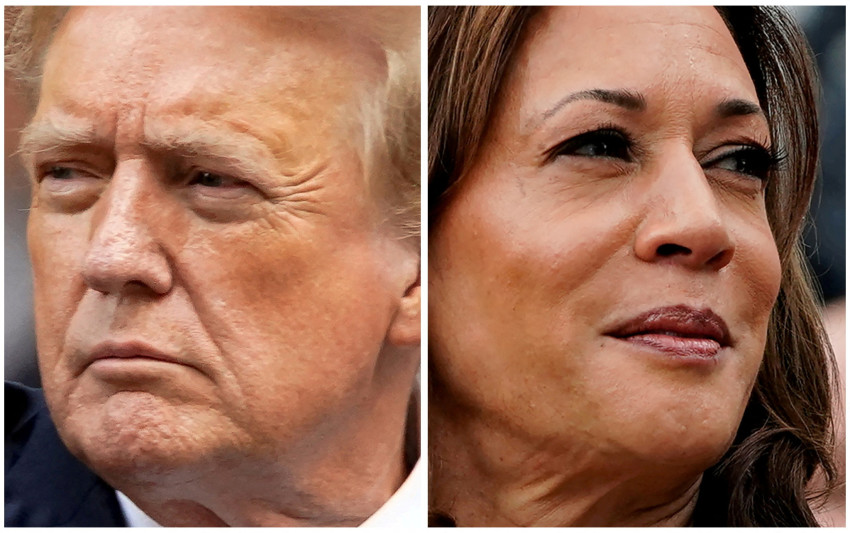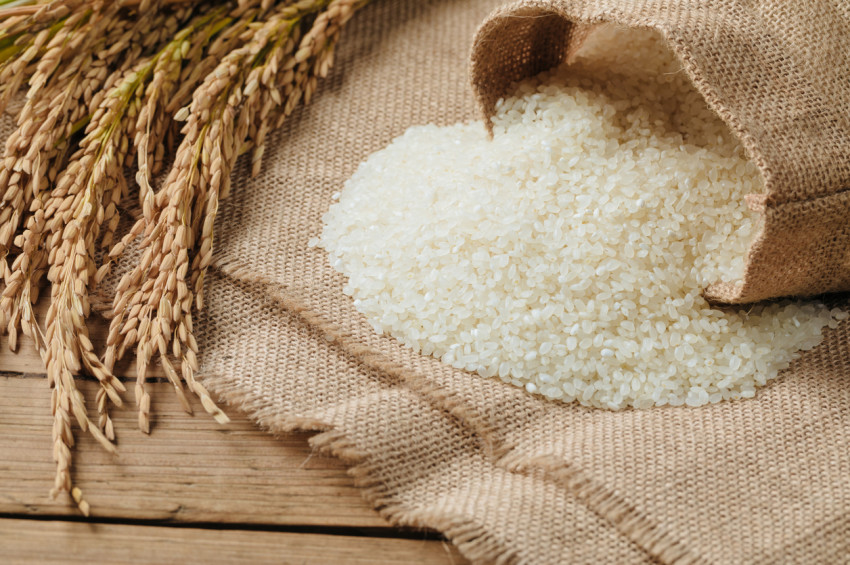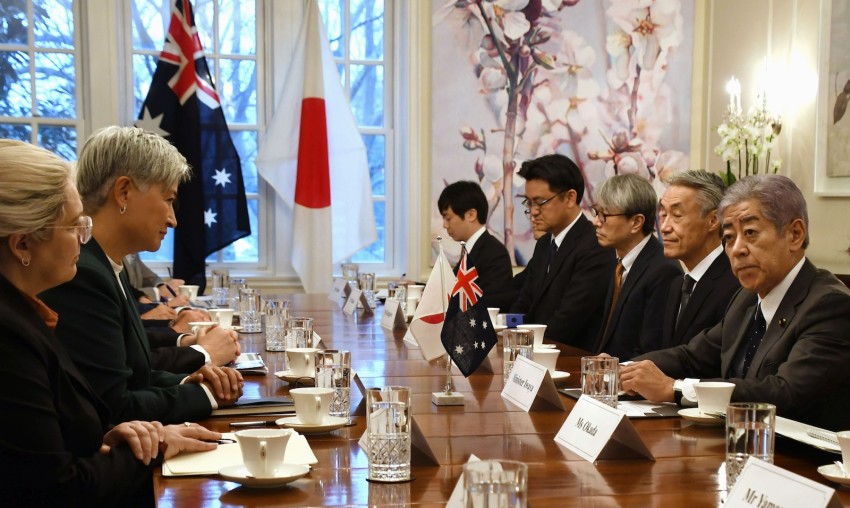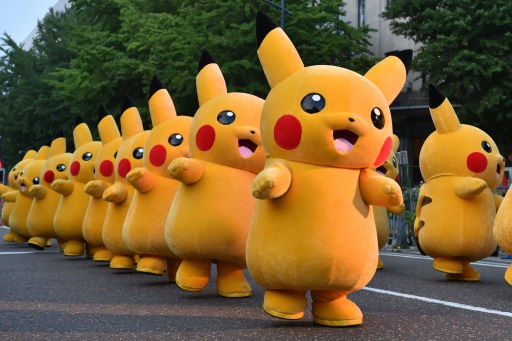China to weather Trump tariffs, seek better ties with Japan in 2025
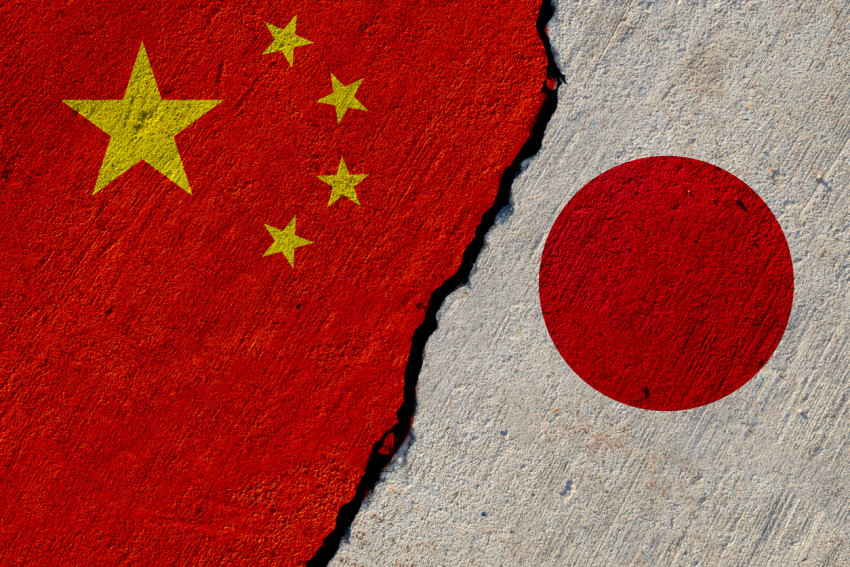
China is expected to focus on a rematch of a tariff war with the United States in 2025 after President-elect Donald Trump returns to the White House, while seeking to improve ties with Japan, which could also face higher import duties.
With its economy suffering from a downturn amid a prolonged property sector crisis, the Asian powerhouse has been mapping out a series of stimulus steps since September. Some experts say it may not be as well-positioned to handle trade conflicts with the United States as it was during Trump's first four-year term through 2021.
The incoming president, who advocates "America First" trade protectionism, has vowed during the presidential election campaign to impose import tariffs of 60 percent or more on all Chinese goods as part of his efforts to create jobs and protect industries in the United States.
In November, Trump also said he would slap an additional 10 percent tariff on items from China, citing its failure to fulfill its promise to institute the death penalty for people caught trafficking fentanyl, the leading cause of overdose deaths in the United States.
Trump has not explained how the policies of imposing additional 60 percent and 10 percent tariffs are related.
Japan, despite being a U.S. ally, may not be immune to higher tariffs, as Trump promised during his election campaign to levy 10 to 20 percent duties on all global imports.
Takamoto Suzuki, economic research manager at the China unit of trading house Marubeni Corp, said he believes Trump intends to use the threat of additional 60 percent tariffs to reach a deal with Beijing to win what Washington wants, rather than going through cumbersome procedures to realize the hike.
"If the United States carries forward with the additional tariffs of 60 percent, they would exacerbate inflation in the country and eventually reduce demand in the global economy," Suzuki said. During the campaign, Trump criticized the government of incumbent President Joe Biden for not doing enough to beat inflation.
On overall Sino-U.S. relations, Suzuki predicted rivalry between the world's two largest economies could further intensify in trade terms, but they would continue dialogue and try to avoid a head-on collision in the field of security.
"Trump would basically seek to avoid a war (with China) so there could be a space for making concessions," he pointed out. Although his Cabinet is expected to have a number of China hawks, Trump himself seems to be less enthusiastic than Biden about defending Taiwan, which Beijing claims, Suzuki added.
Biden has publicly said the United States would defend the self-ruled democratic island in the event of a Chinese attack, despite Washington's longstanding policy of strategic ambiguity regarding how it would tackle such a contingency.
In the face of pressure from Trump, Suzuki said, China is likely to seek to secure export destinations by boosting ties with Japan, South Korea, Europe, Russia and the Association of Southeast Asian Nations, as well as emerging and developing countries that are members of its Belt and Road global infrastructure initiative.
Fujio Kawashima, a professor at Kobe University's Graduate School of Law, said he sensed China's eagerness to promote cooperation with Japan following Trump's victory in the Nov. 5 presidential election from remarks of Chinese participants at a recent symposium in Beijing.
At the event, he compared the two neighboring countries' approaches to cope with Trump's trade policies in his first term.
Kawashima said he believes they can work together, also possibly with Europe, to send a message to internationalism advocates in the United States that "what Trump is going to do would destroy" the multilateral trade system represented by the World Trade Organization.
The professor said while Japan refrained from filing complaints to the WTO over trade frictions with the United States during Trump's first term and sought to resolve disputes bilaterally, China proactively used the Geneva-based body and took tit-for-tat actions in a bruising trade war with the United States.
"I think Japan should also have resorted to the WTO to claim what it deems wrong (with U.S. trade policies), while China should have refrained from escalating the situation by taking retaliatory measures," Kawashima said as he recalled the 2017-2021 period.
"I recommend (Japan and China take) an approach in between" the two this time, he added.
Trump prefers bilateral approaches and often snubs multilateral systems including regional free trade pacts. His stance triggered "a significant amount of hedging" from traditional U.S. allies, prompting them to expand their engagement with Beijing in the first term, said Scott Kennedy of the Center for Strategic and International Studies.
The senior adviser in Chinese business and economics at the U.S. think tank said in a lecture in November in Beijing it is possible that Japan and other members of a trans-Pacific free trade accord, from which Trump withdrew the United States in 2017, would "seriously consider" China's application to join the framework.
The Comprehensive and Progressive Agreement for Trans-Pacific Partnership now has 12 members, with Britain's official accession in December. China and Taiwan separately filed applications in 2021 to join the high-standard trade pact, but they have been shelved with members deciding to negotiate Costa Rica's entry bid made in 2022.
Unanimous approval from all members is required to join the trade deal.
Japan and other TPP nations originally hoped for an eventual U.S. comeback to the framework, but they "may decide they can't wait any longer" and move forward with considering applications from China and Taiwan simultaneously, Kennedy said. "I think from an economic perspective, that would totally make sense," he added.
However, Kawashima said he believes that scenario is unlikely. While some other members including Australia may have softened their stance toward China's accession bid, Japan, along with Canada, remains "the last line of defense" against its entry, he said.
Japan, which is the largest economy among the 12 TPP members, and Australia have expressed concern over China's practice of "economic coercion," such as trade restrictions, to achieve its goals.
But Canberra has seen its ties with Beijing improve recently with the lifting of Chinese trade sanctions on Australian exports such as wine and coal. Tokyo has yet to make an important decision to support Beijing's entry because it could mean dashing hopes for a U.S. return to the TPP, Kawashima said.

